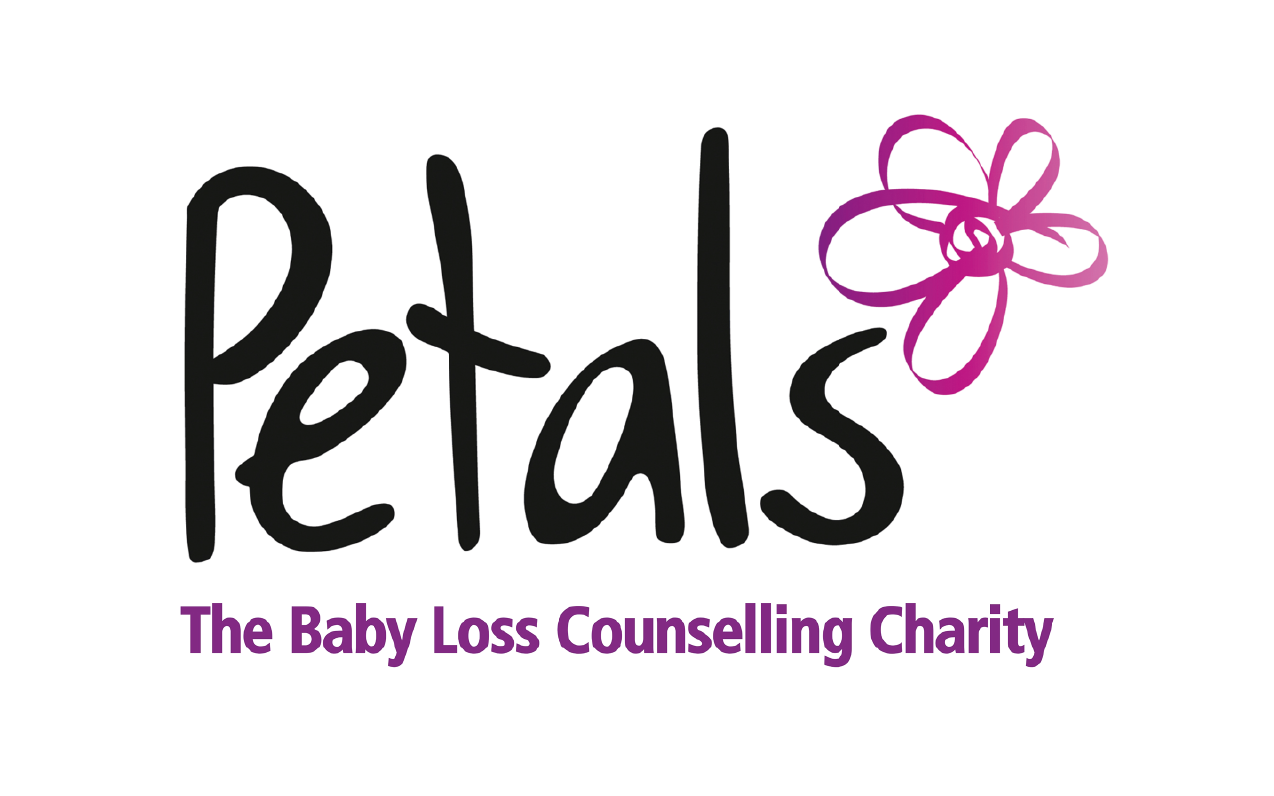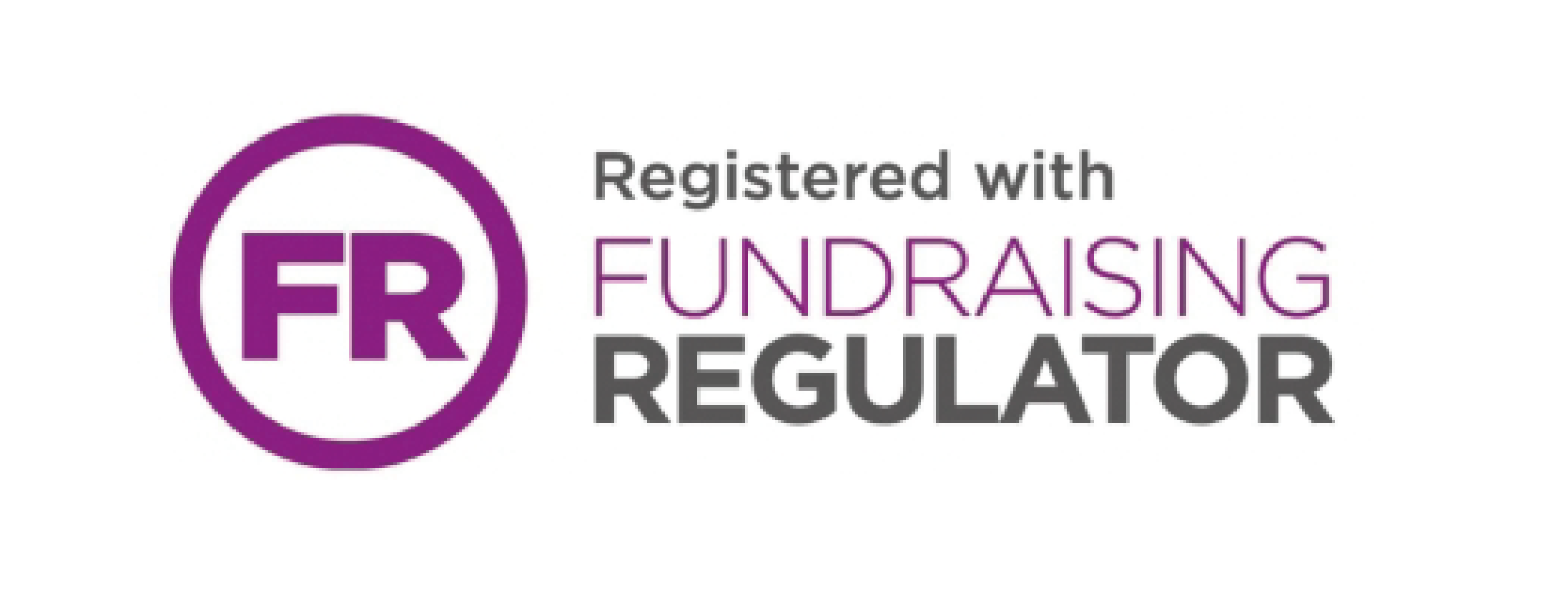
When Tommy’s ran a survey last year for their Tell Me Why campaign, they found that 82% of families blame themselves when they lost a baby. These feelings of guilt and shame fed into the stigma of loss and led to increased isolation which compounded grief.
The outpouring of reaction to Chrissy Teigen and John Legend’s devastating news about the death of their baby Jack, once again shows us just why we need to work so much harder to break the silence around pregnancy and baby loss.
That’s why we’re working with Tommy’s to challenge the stigma and provide a safe space for families to deal with loss.
Over two thirds of the parents who come to Petals have clinically defined mental health issues. With specialist counselling from Petals, this decreases to less than 10%.
We know that the loss of a much-wanted baby can lead to long-term mental health issues and even post traumatic stress disorder. This is made worse when families feel they cannot grieve in the way which feels right for them.
Karen Burgess, CEO at Petals says:
“After pregnancy or baby loss, it is common for parents to feel as though they have in some way failed their child, as well as their family, friends and even each other. Sharing their painful reality is a way of reaching out, asking for support and acceptance from those around them – it takes courage to tell a world that is anticipating the joy of new life, that the tragedy of death is what they have instead.
“So if this news is ignored, or criticised, parents can be left with feeling ashamed or guilty, damaging their mental health and causing them to withdraw and isolate from their world. Ultimately, this prevents many parents from grieving in a way that is healthy, and will likely delay their recovery process significantly.
If we want to support parents facing the heartbreak of pregnancy and baby loss we need to be able to set aside any discomfort we may be feeling and instead show empathy, support and understanding.”
Tommys’ Chief Executive Jane Brewin adds:
“We need more research and investment in reproductive health and mental health support after pregnancy and baby loss. Stillbirth, miscarriage, premature birth and Termination for Medical Reasons, in contrast to most other medical conditions, are linked to deep feelings of guilt and failure, especially in women. The lack of medical explanation for pregnancy complications and loss underpins this self-blame which is made worse when families are left to grieve without adequate support.”
Jess, from The Legacy of Leo shared her experience with Tommy’s:
Whilst we waited a week to share on social media the death of Leo, I was eager to do it. I refused to accept that people in the world were allowed the luxury of thinking of Leo alive, if I, his mother wasn’t able to anymore. If he was dead for me, he had to be dead for everyone. It also gave us the chance to control the narrative, to use the language that we felt suitable at that time, to control when the news broke. I think this is fair for us all – especially those with a bigger (global) circle. And also – we share. It’s the modern world. To share. Doing so helps the sharer and helps the reader. It raises awareness, it releases pain, it makes others feel less alone. It is too much to hold. You need to give some of it away. Your baby may have died, but you still have pride for them.
Download Petals’ ten considerations for supporting a bereaved couple here.

